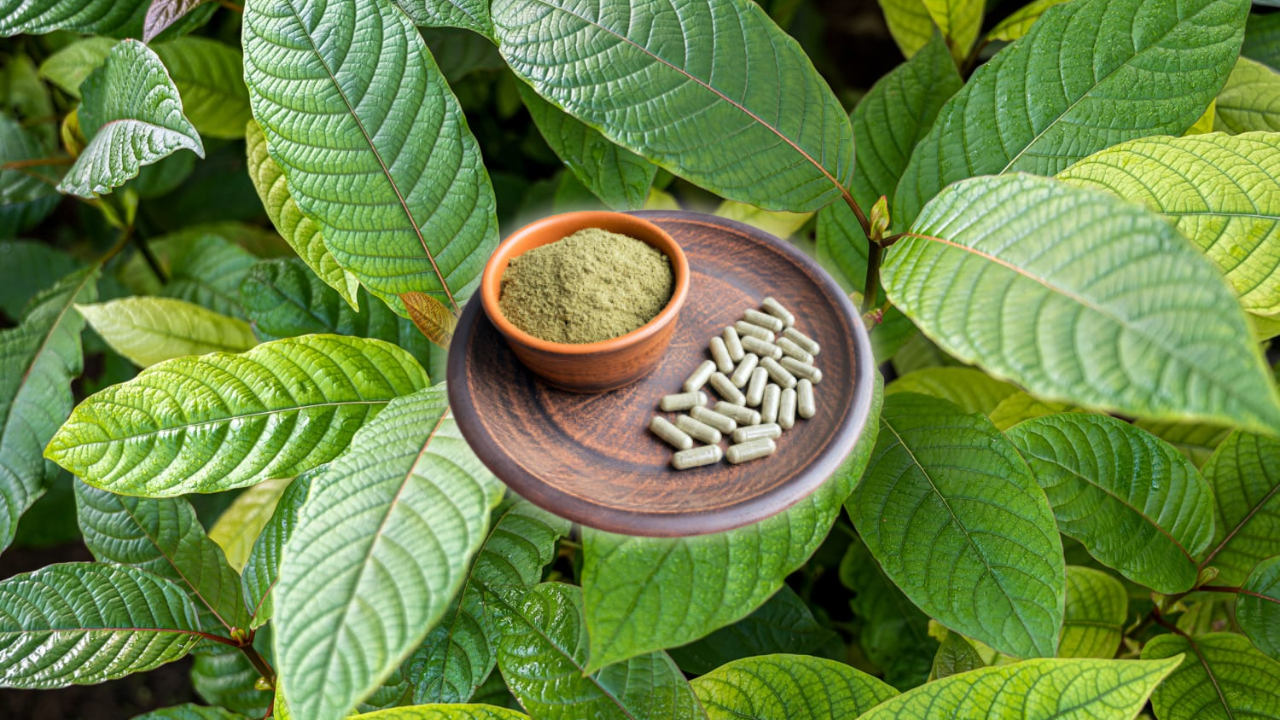What is Kratom? Is It a Natural Remedy or an 'Addictive' Danger?

Credits: Health and me
SummaryKratom, a plant-based supplement, is raising addiction alarms in the US as experts warn of its opioid-like effects, withdrawal symptoms, and lack of FDA regulation.
End of Article
